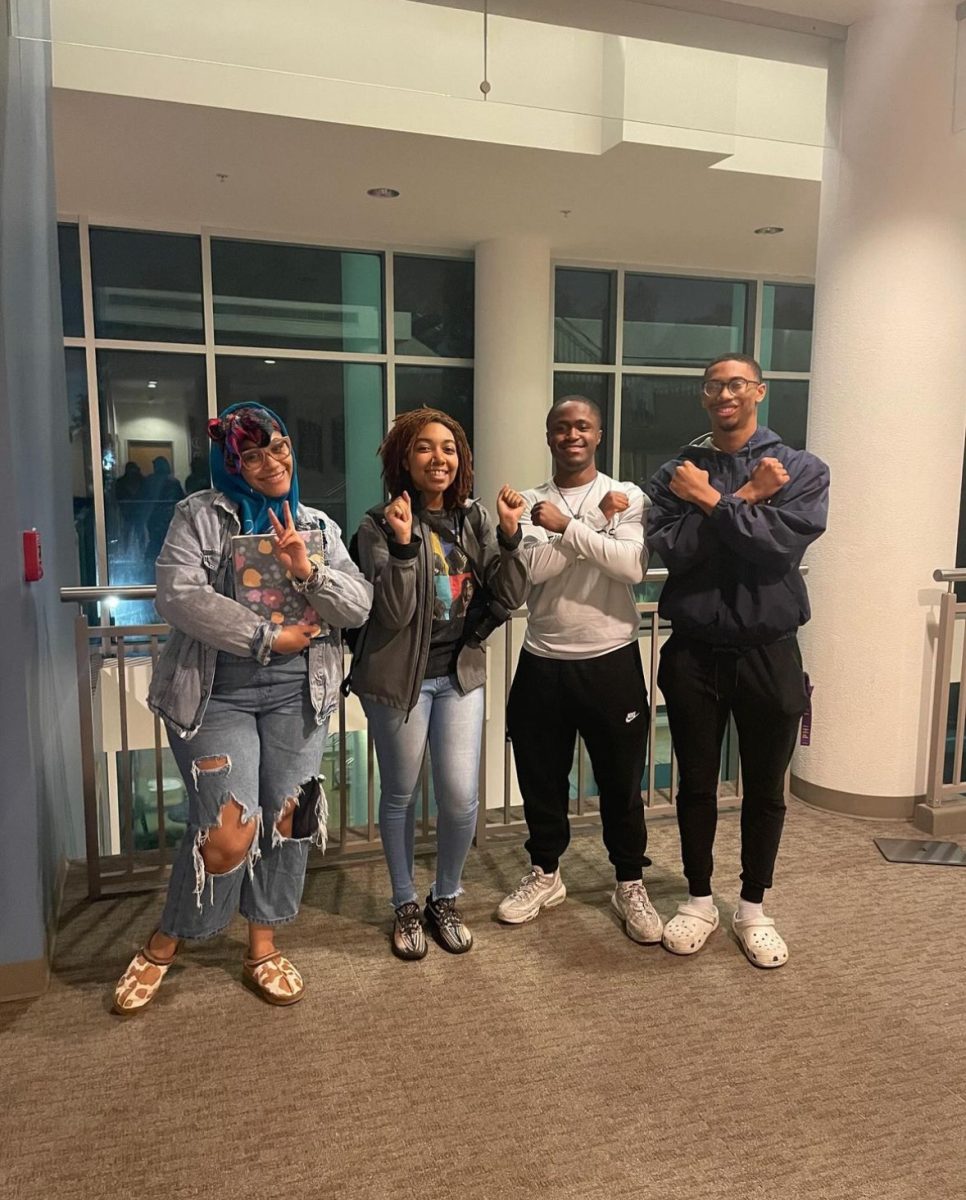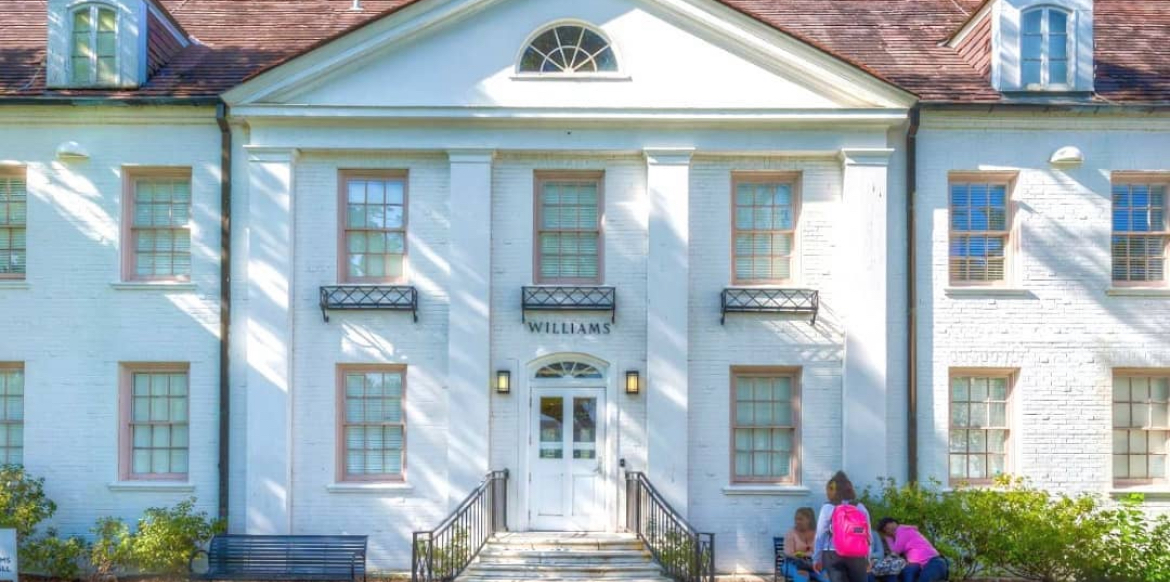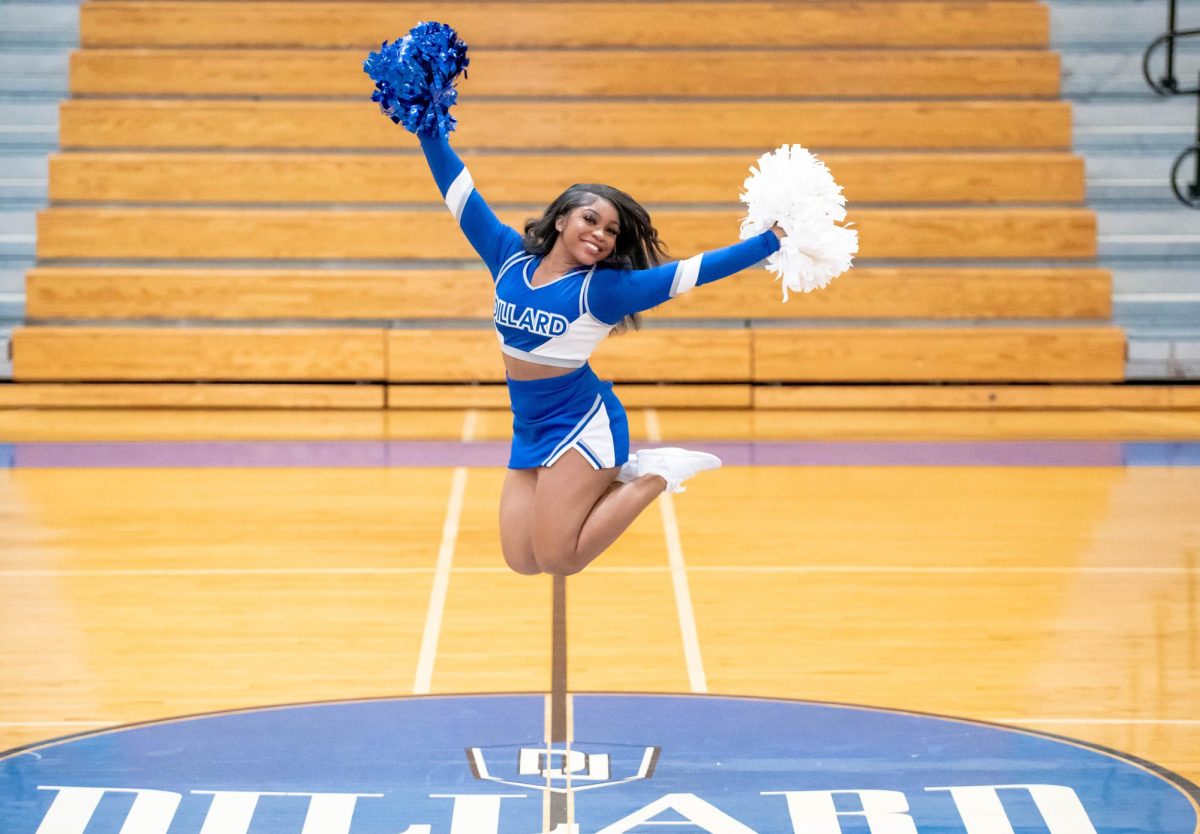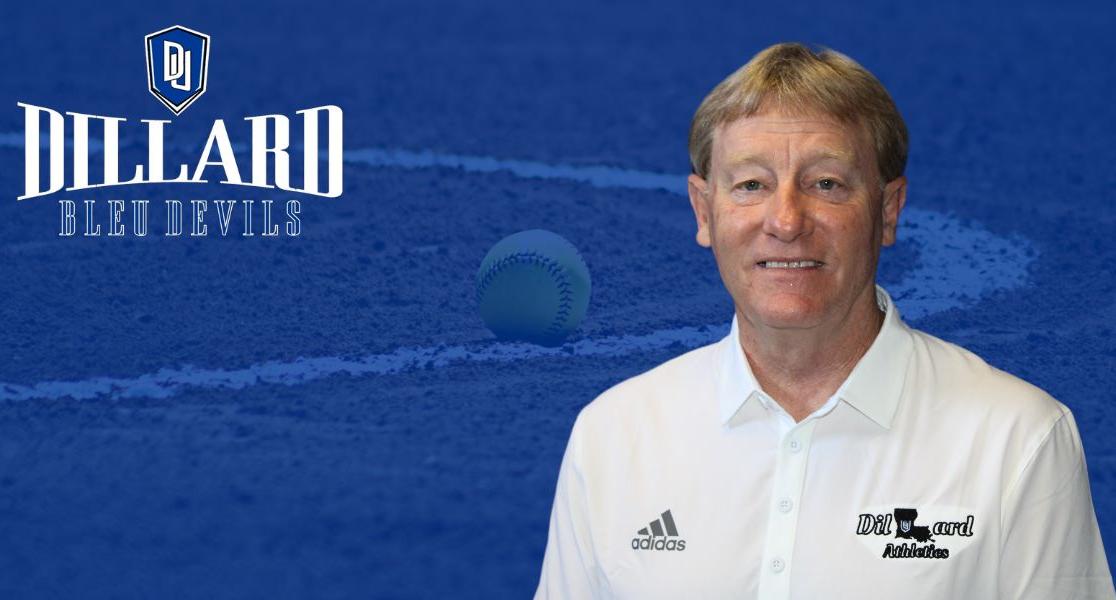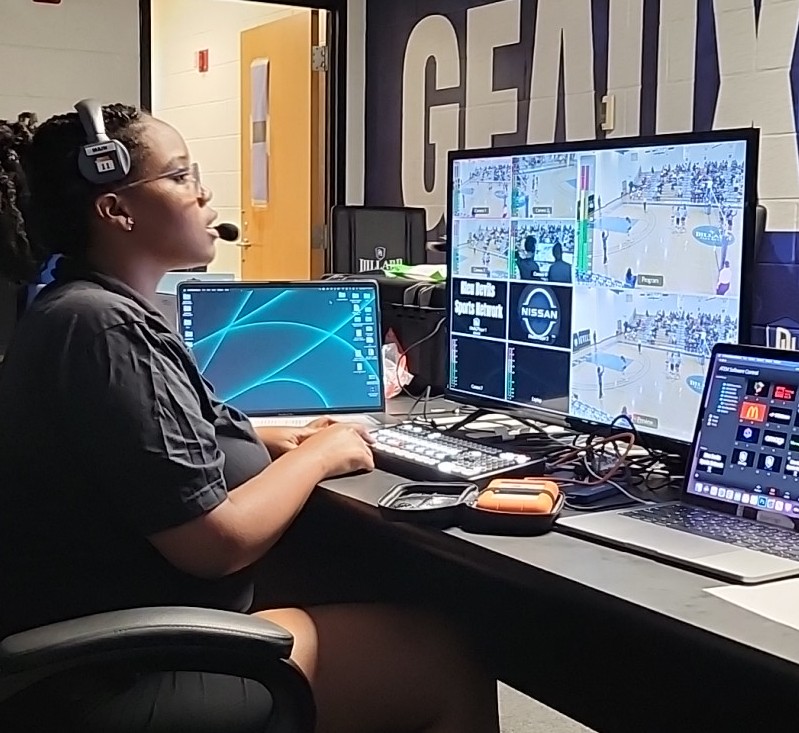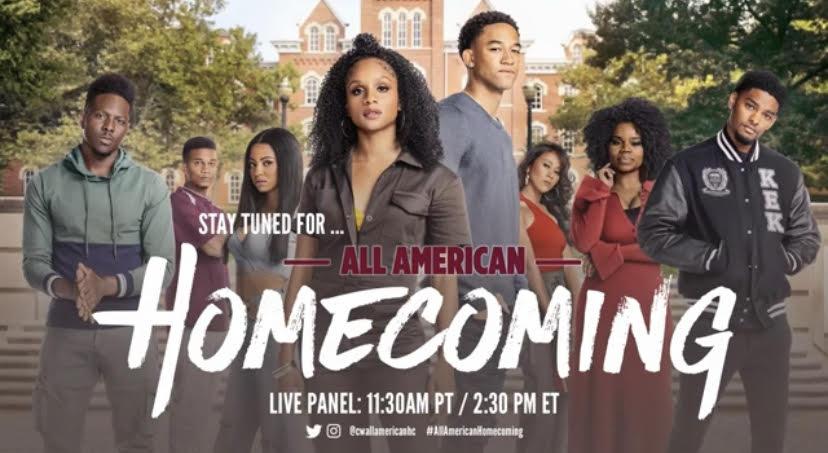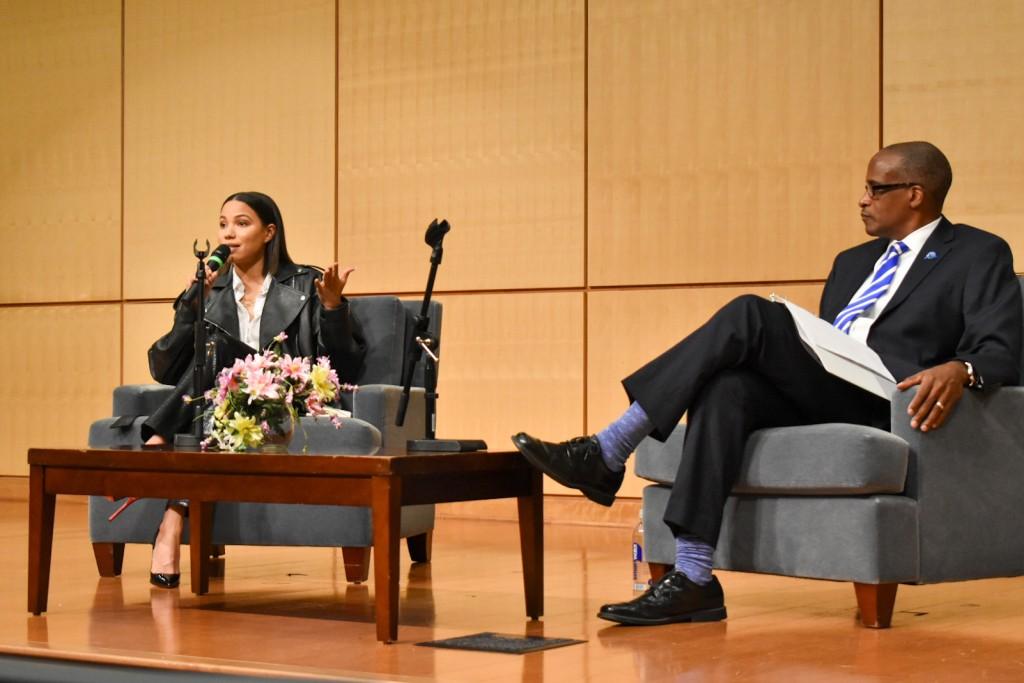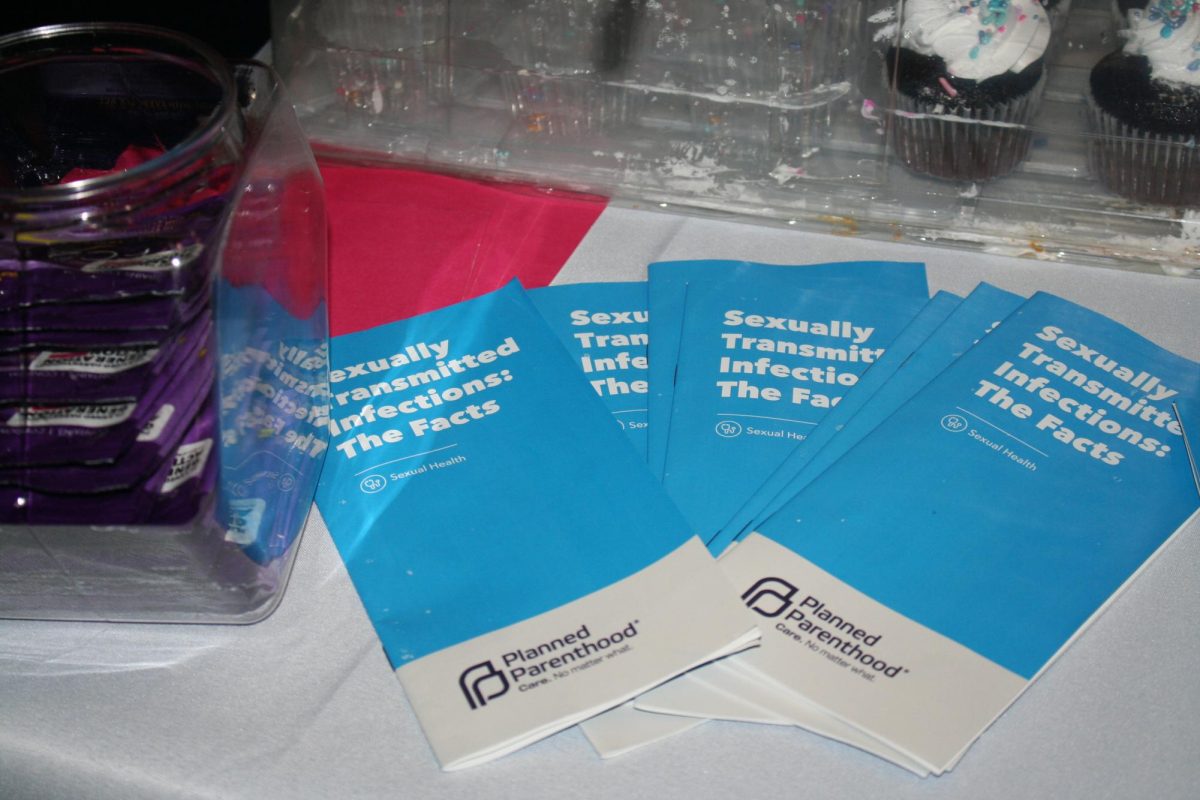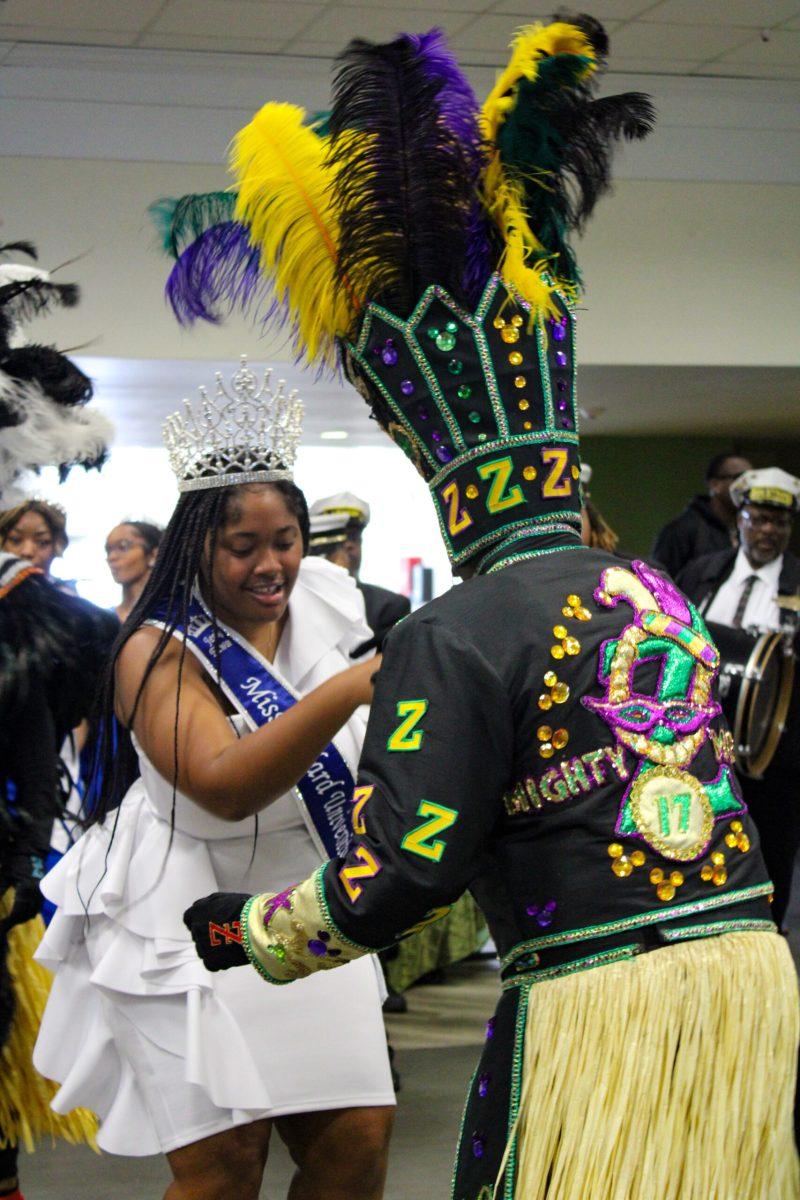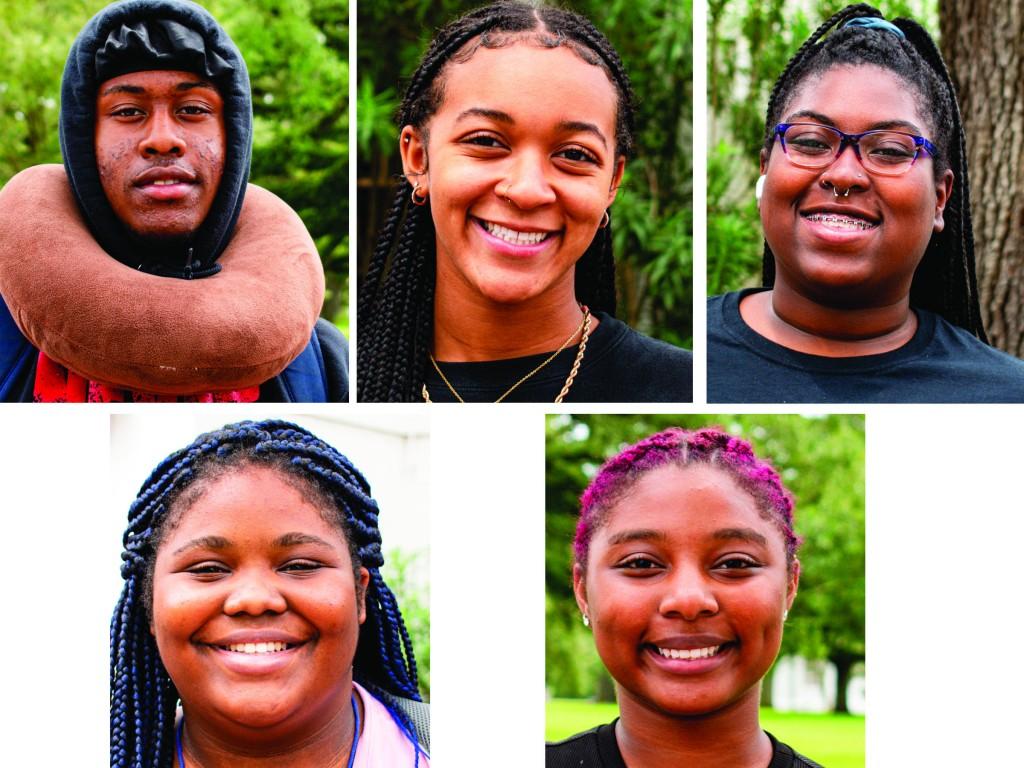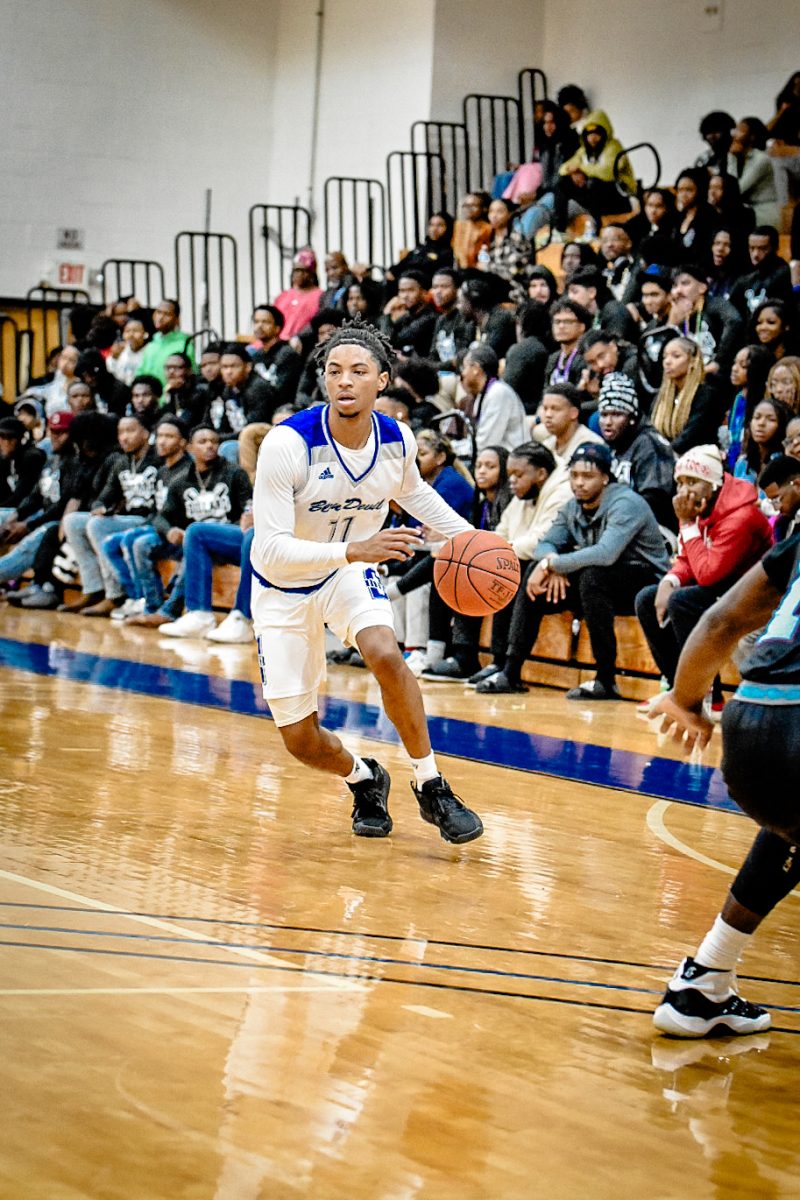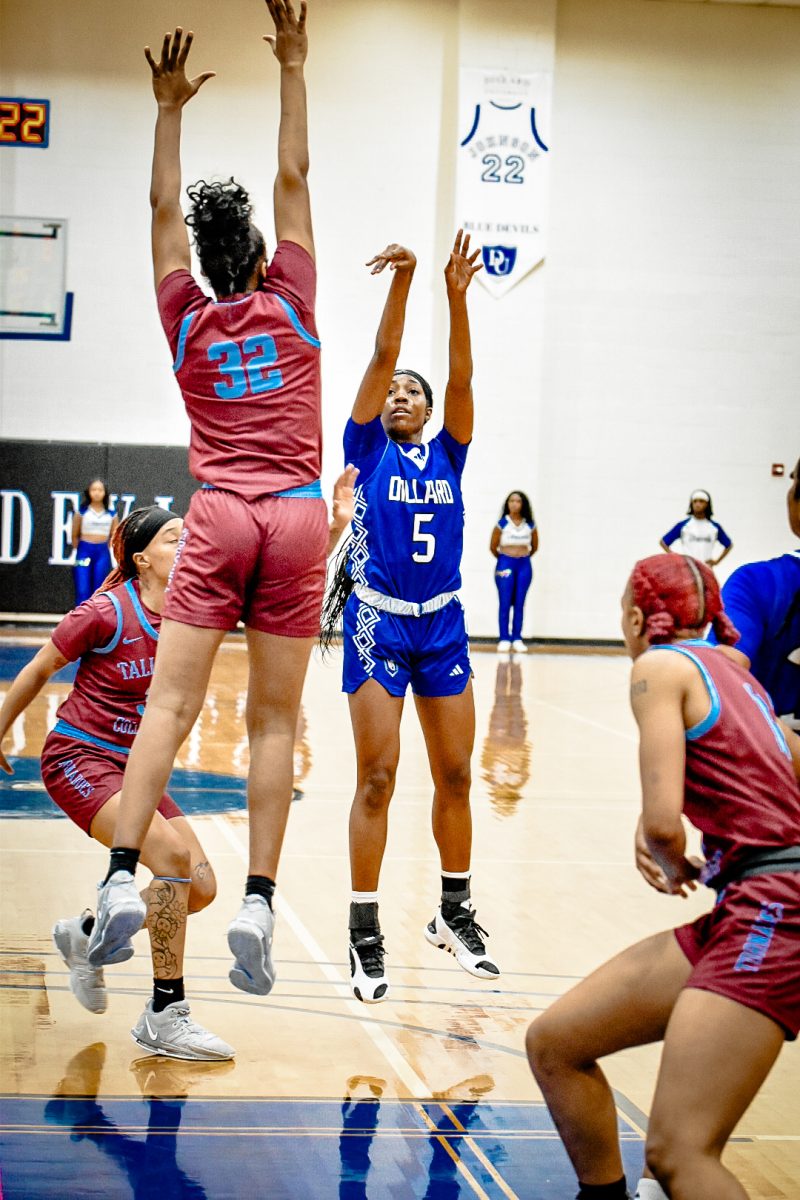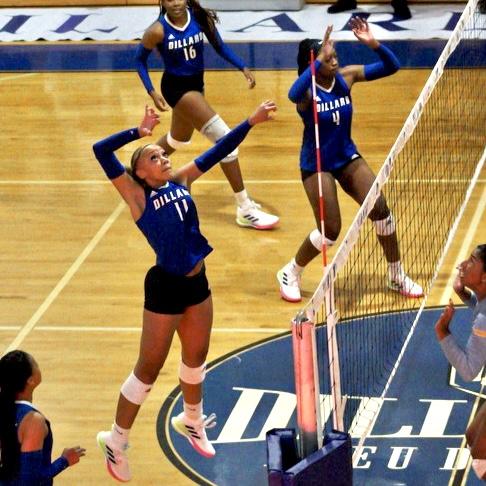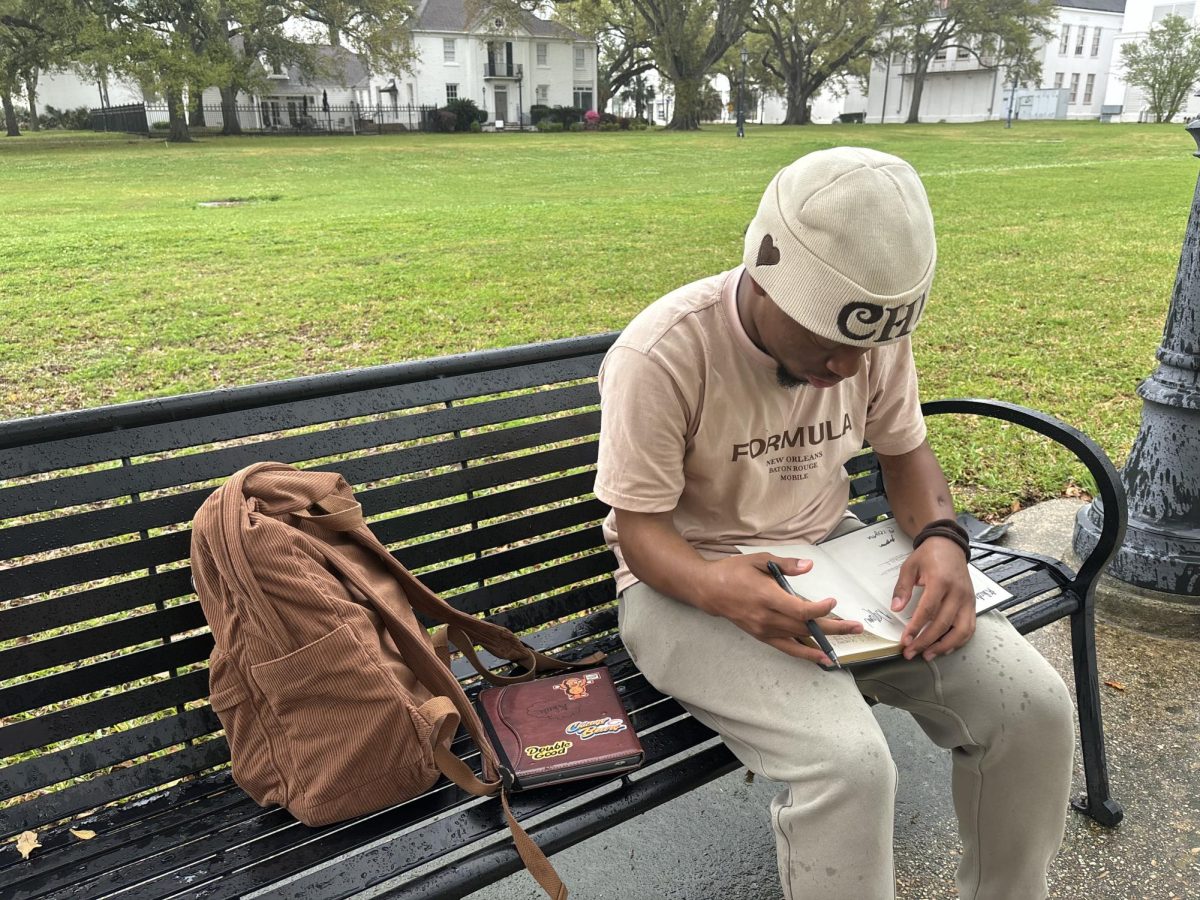When it comes to mental health issues in the African American community, it’s not uncommon to hear comments like this: “Going to a counseling session means I have a problem, and I don’t.” “I’ve been a little depressed lately, but seeing a therapist is a waste of time.”
And that’s a problem: African-American students must be willing to seek mental health help when they need it.
Everybody goes through something at some point as it relates to one’s emotional and psychological well-being, but it seems as if African-Americans are uncomfortable talking about it.
Megan Andry, one of Dillard’s licensed professional counselors, said, “We don’t trust licensed professionals and are taught to keep our business in the household.”
The National Alliance on Mental Illness, or NAMI, reported unmet needs and other barriers to seeking help results in more severe forms of mental health issues for African-Americans. That means ignoring the problem makes it worse. Black people are 20 percent more likely to experience serious mental health problems than the general population. Common mental health conditions include major depression, posttraumatic stress disorder, or PTSD, and attention deficit hyperactivity disorder, or ADHD, according to NAMI.
College students go through a lot and sometimes struggle with change, such as moving away from home or meeting new friends. Yet we often refuse to use counseling services.
Sherile Watts, DU’s other licensed professional counselor, suggested if you think you need to talk to a counselor, you probably do. She and Andry agreed that while the number of African-American college students seeking professional help is slowly increasing, the numbers are still low.
Sometimes we are not okay, and it’s okay not to be okay as long as we do something about it. We need to take advantage of the resources on campus. Andry and Watts have office hours in 114 and 115 Dent Hall Monday through Friday. Follow @du_counselors on Twitter for updates on how we can help spread mental-health awareness.
John Lawson II
Mass Communication sophomore
Shreveport

